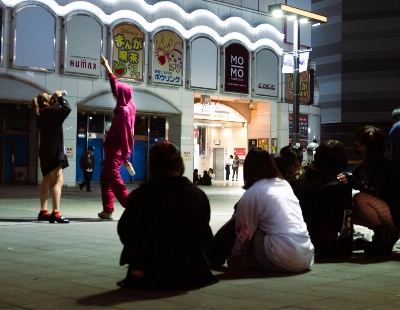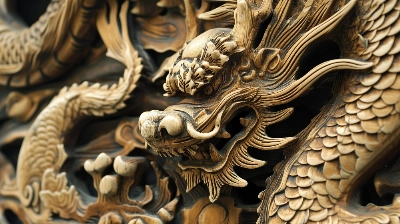The Abu Ghraib prison scandal, still far from over, has prompted a lot of reflection and a fair degree of consensus in the United States. Some, like U.S. Secretary of Defense Donald Rumsfeld, may quibble over whether the treatment meted out to Iraqi prisoners constituted "abuse" rather than "torture," but most Americans have been as ready as Iraqis and other Arabs -- and the rest of the world -- to recognize that it was brutal and repugnant, whatever it's called. Similarly, the only debate regarding punishment has concerned its extent: Surely accountability reaches much further up the chain of command than the seven low-ranked soldiers charged to date.
But there is one aspect of the scandal that Americans appear less prepared to agree on -- somewhat perplexingly. That is the role of Army Spc. Joseph Darby, the 24-year-old soldier whose tipoff about prisoner abuse at Abu Ghraib triggered the damning investigation by Maj. Gen. Antonio Taguba and the entire subsequent public outcry.
To distant observers, Mr. Darby's actions would seem to qualify as plainly heroic. News accounts tell us that, while his fellow soldiers in the 372nd Military Police Company were either gleefully participating in gross mistreatment of prisoners or uncomfortably turning a blind eye to it, Mr. Darby alone was bothered enough to slip a note and a CD-ROM containing photographs under a division officer's door, alerting his superior to his colleagues' activities. It may not sound like much now, when the whole world agrees with him that those activities were abhorrent. But in the atmosphere in the prison at the time -- an atmosphere in which some soldiers reportedly used those photographs as computer screen-savers -- it was a remarkably courageous step. Even braver was the fact that Mr. Darby followed up his initial anonymous tipoff by coming forward in person a day later.


















With your current subscription plan you can comment on stories. However, before writing your first comment, please create a display name in the Profile section of your subscriber account page.